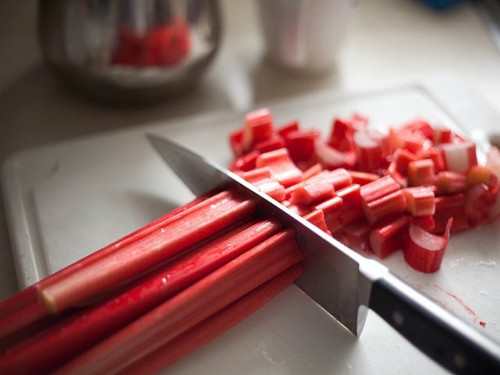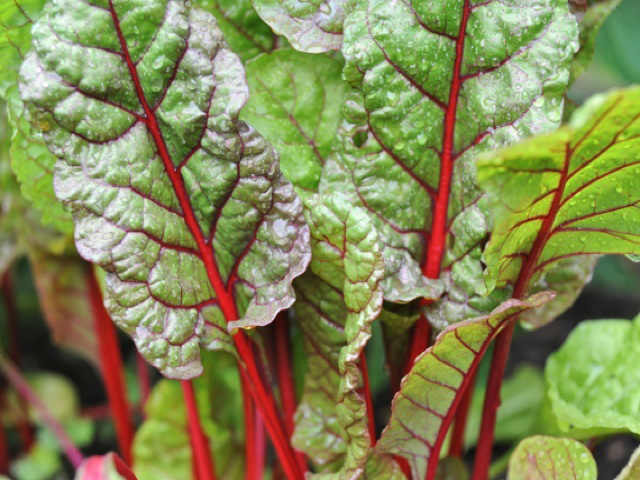Description
Grow Your Own Rhubarb Plants
Our Rhubarb mix pack contains all 3 of our favourite varieties to grow for the longest possible season of fresh rhubarb plants. We start with 'Timperely Early' for a late February crop, move onto 'Pink Champagne' and go right through to the later harvesting 'Glaskins Perpetual'.
Here's the details on each variety:
Timperley Early
Timperley early is one of the best all round varieties and is as the name suggests and early maturing variety, it can be ready as early as March depending on the Spring temperatures. Timperely early is very easy to establish and has good disease resistance and produces stalks of approx 24 inches. Usually we don’t recommend harvesting your rhubarb in the first year but with this variety you can harvest a small amount in year one. You can be more vigorous with you harvesting in the second year with the plant producing well for at least ten years.
Pink Champagne
An early variety ideal for forcing to produce long, slender, pink-tinged stalks. Flavour is just as good unforced but with darker, bright red stems instead of pink. Very reliable and easy to grow successfully and have excellent flavour, perfect for jams, pies, and desserts.
Glaskins Perpetual
Glaskins Perpetual was first produced in Brighton in the U.K. around 1920. The variety produces large long stemmed stalks bright red in colour which are juicy and hold their flavour well.
Glaskins perpetual is the only rhubarb suitable for late season harvesting as the oxalic acid remains low hence the name ‘perpetual’. Oxalic acid gives raw rhubarb a sharp taste and is also found in perpetual spinach and chard. Cooking will remove most of it but high levels can be unpleasant, it’s particularly high in rhubarb leaves which is why we don’t eat them and are viewed as poisonous.
Conditions of Sale
Plants leaving our warehouse are believed to be in good condition.
When your delivery arrives please check your goods carefully and contact us with any queries within 3 days. Quickcrop does not guarantee the further growth, flowering or yield of plants once delivered due to the fact that the care and husbandry after delivery is beyond our control. Quickcrop accept no liability for any latent diseases which may be present but not detected at the time of sale.
See our blog post on growing rhubarb here.



